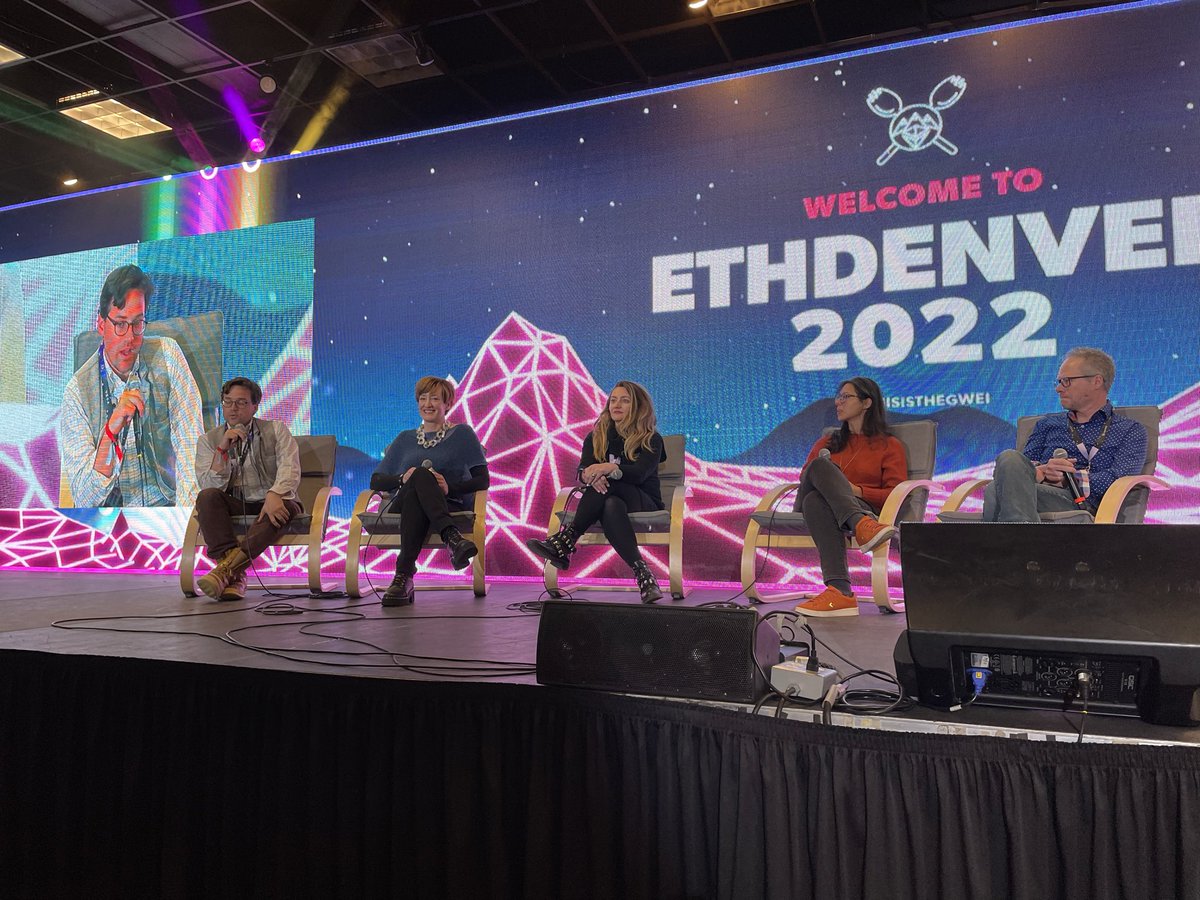
MORE on the below 🧵. There's so much inconsistency in #tradfi collateral posting rqmts (eg, most govts & corporates aren't req'd to post while trading firms are but with v diff collateral thresholds). It's all obfuscated. I lament that these derivative games are now in #crypto😢
https://twitter.com/CaitlinLong_/status/1503589961743978502
There's no question derivatives games put a lid on #bitcoin's price appreciation in recent cycle, just as the same #WallSt derivatives games do same to #tradfi mkts. But when the epic short squeeze inevitably finally hits you get #LME-type games (yep, even in regulated mkts).
And derivatives can debauch otherwise strong balance sheets VERY fast in unexpected ways when BIG moves happen.
Little known fact: big banks' interest rate trading books often have BIG swaps receivables from state/local govts & swaps payables to corporates--UNCOLLATERALIZED.
Little known fact: big banks' interest rate trading books often have BIG swaps receivables from state/local govts & swaps payables to corporates--UNCOLLATERALIZED.
Even tho these groups (state/local govts & corporates) didn't collateralize so didn't face margin calls in 2008 financial crisis, the corporates STILL got hit--but w/ surprise mark-to-market adjustments ("credit valuation adjustments") to mark DOWN the amount the banks owed them.
There's so much opacity & inconsistency in the collateral posting requirements in #tradfi.
That these games exist in tradfi makes me wonder where & how they're manifesting in #crypto derivatives.
That these games exist in tradfi makes me wonder where & how they're manifesting in #crypto derivatives.
Prediction about #tradfi -- it will again become standard in corporate finance NOT to hedge with derivatives, as massive moves yet again reveal how fast otherwise strong balance sheets can get into trouble. How fast is the question...
• • •
Missing some Tweet in this thread? You can try to
force a refresh




